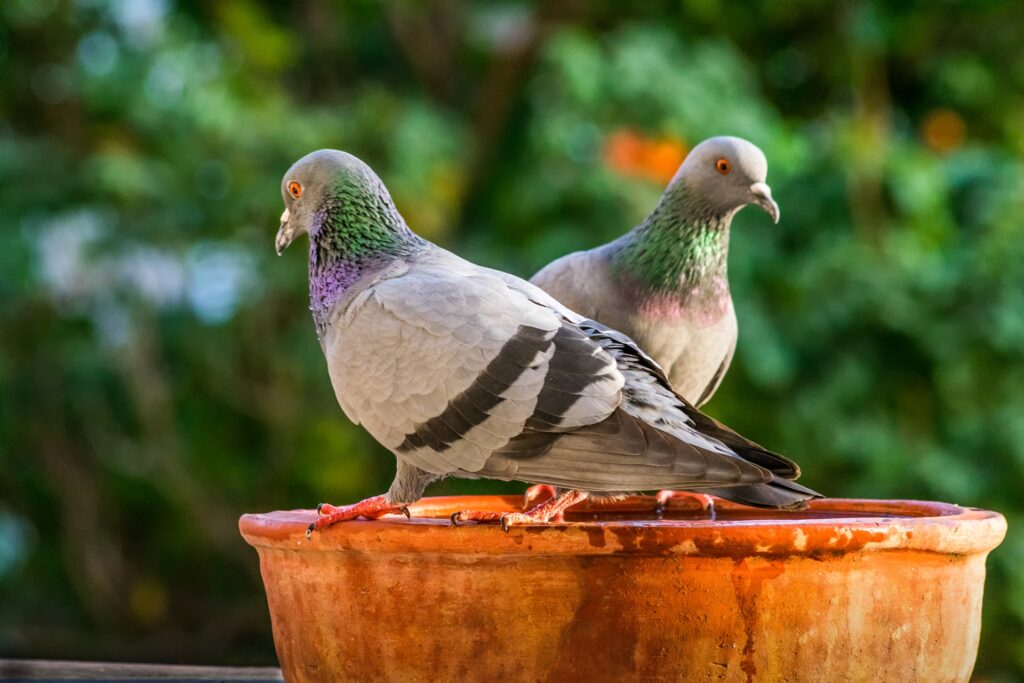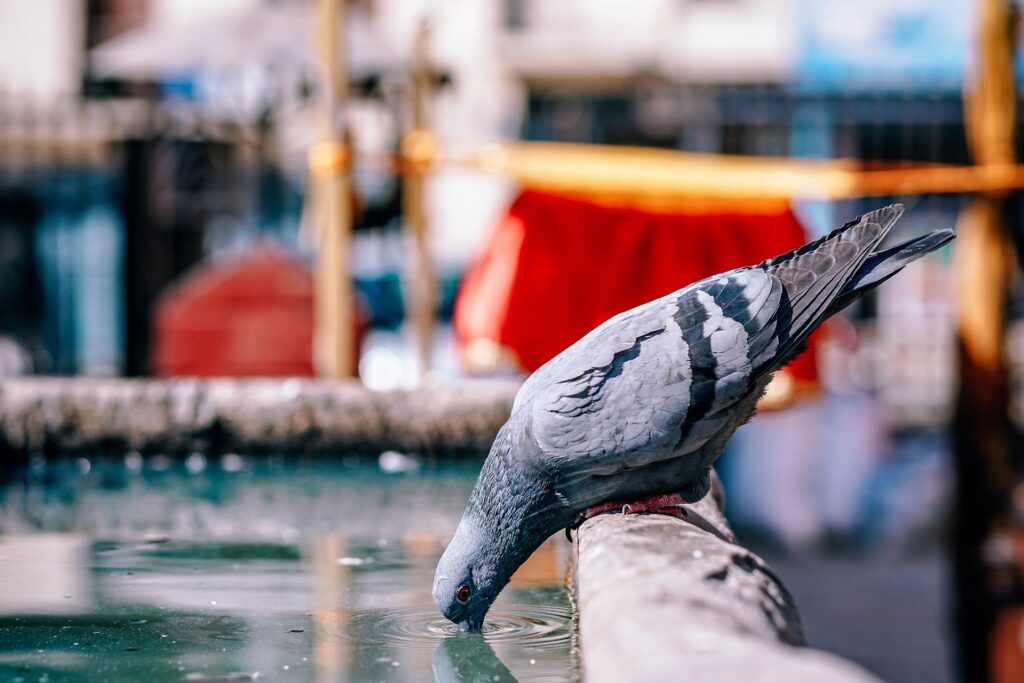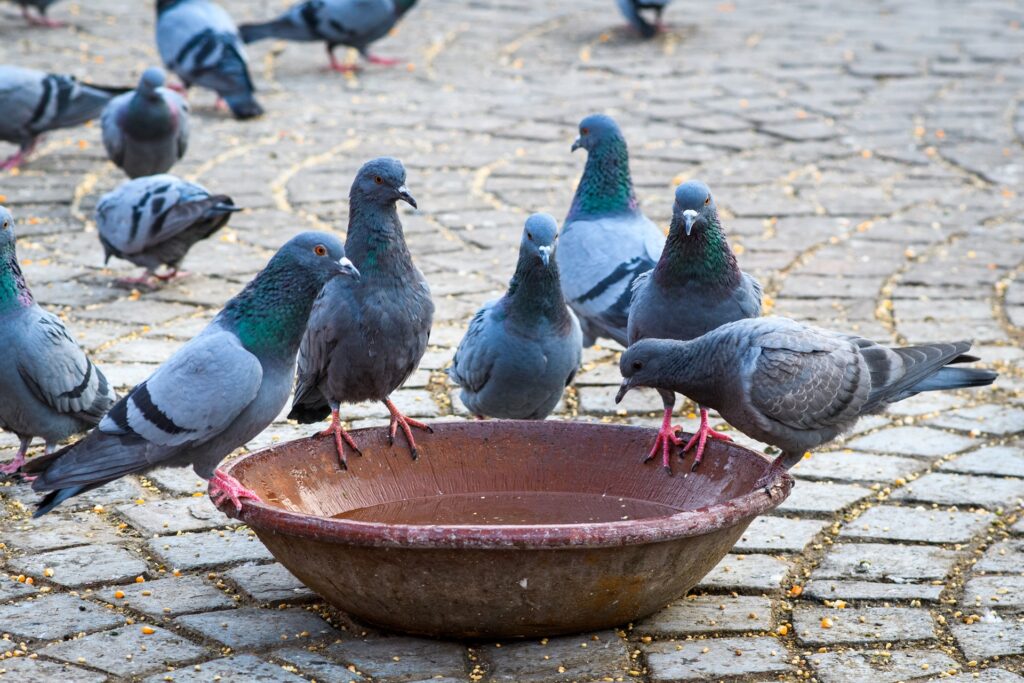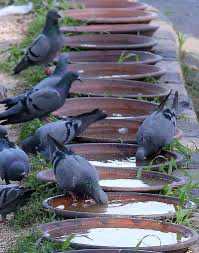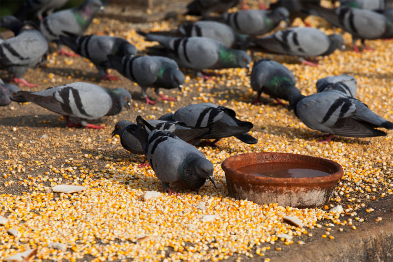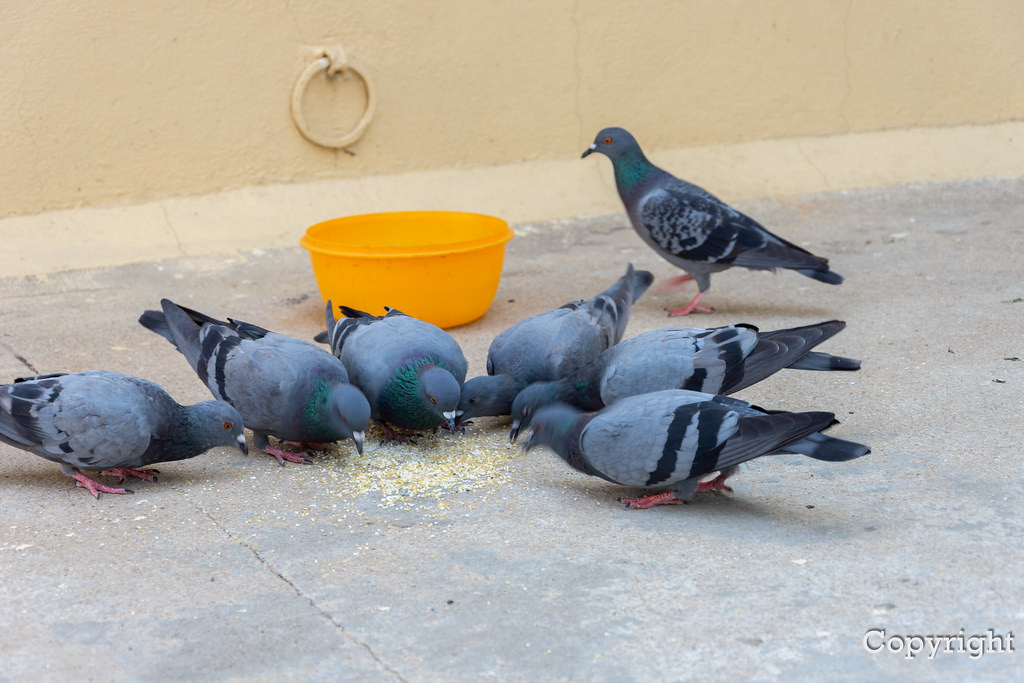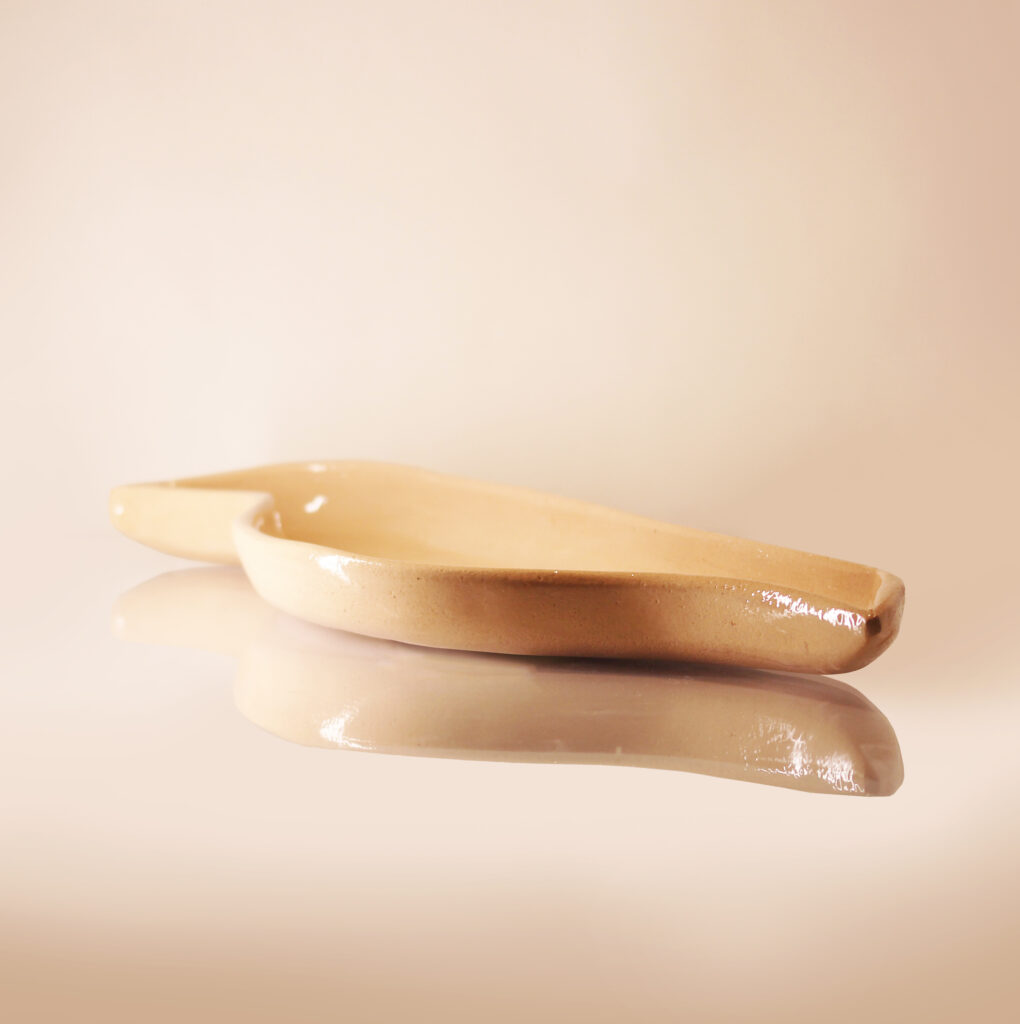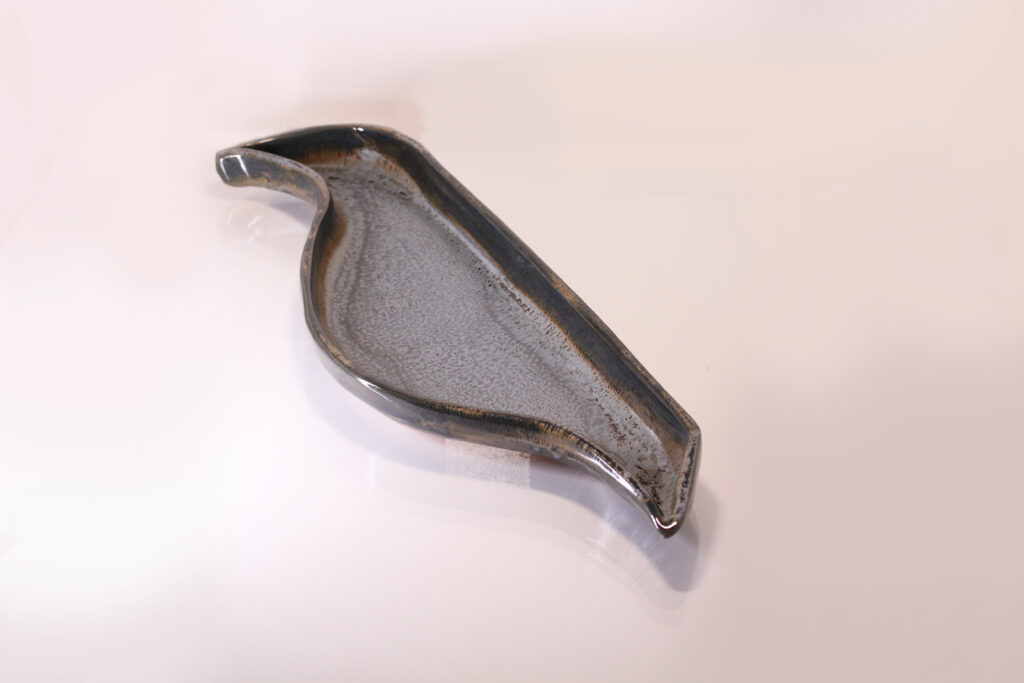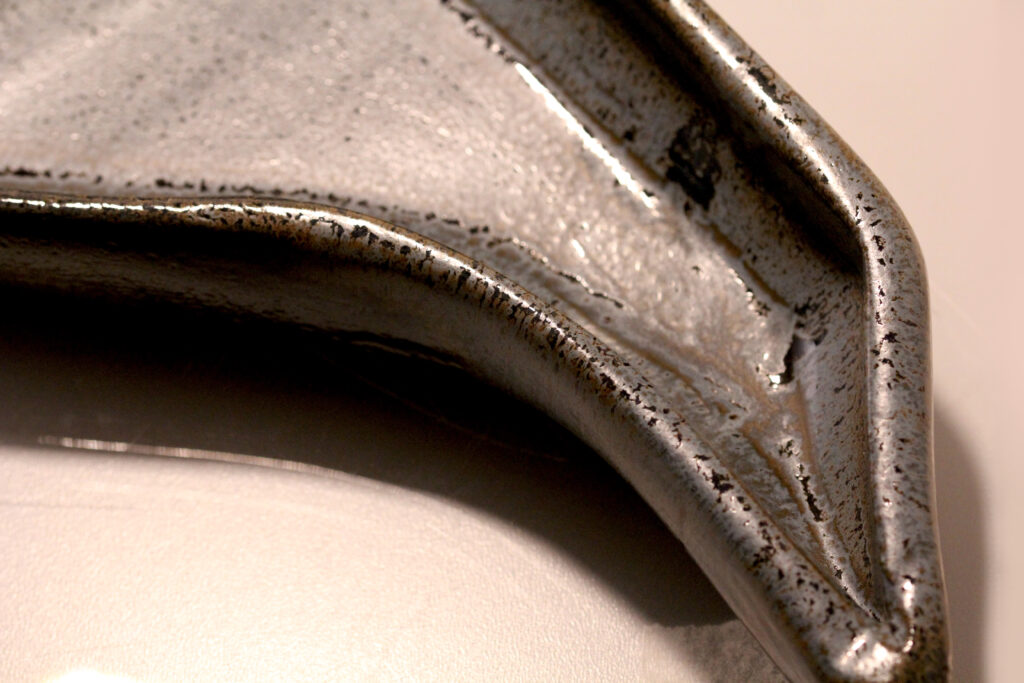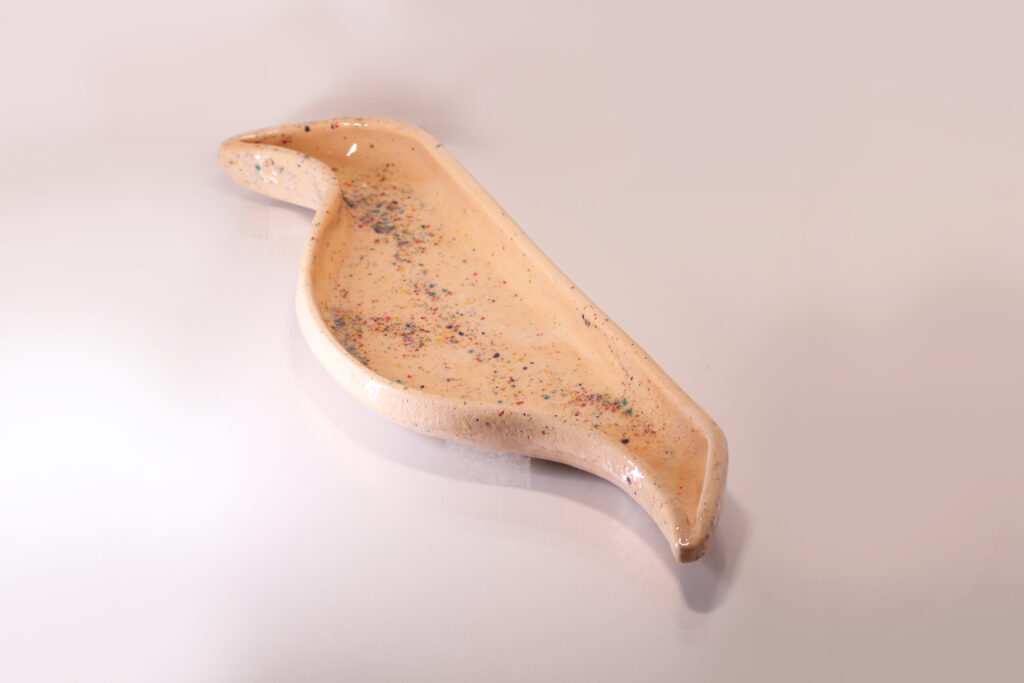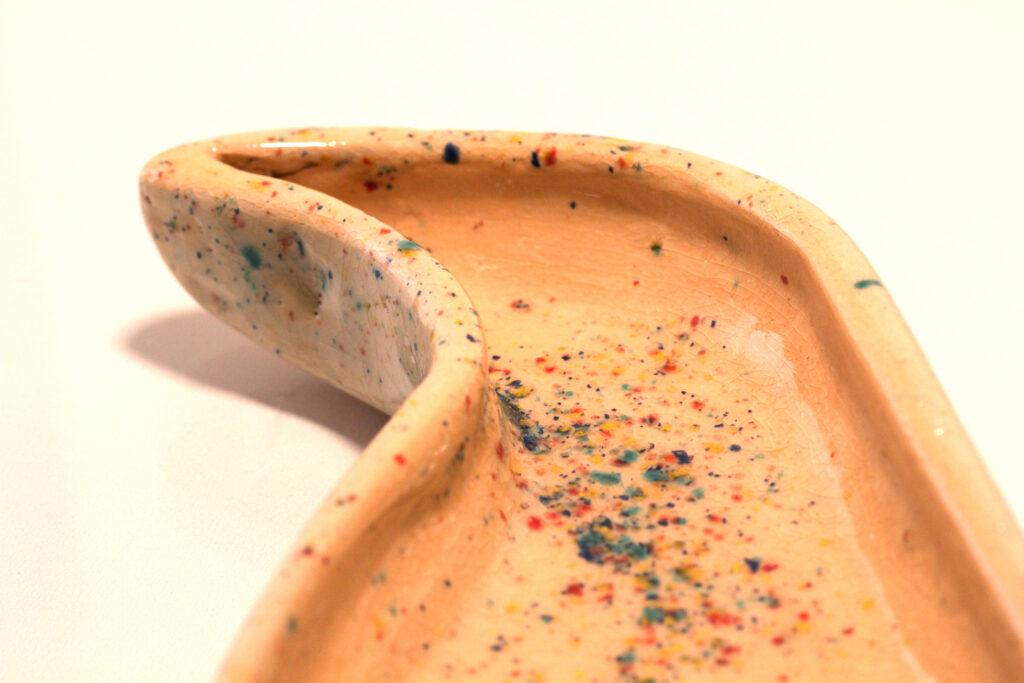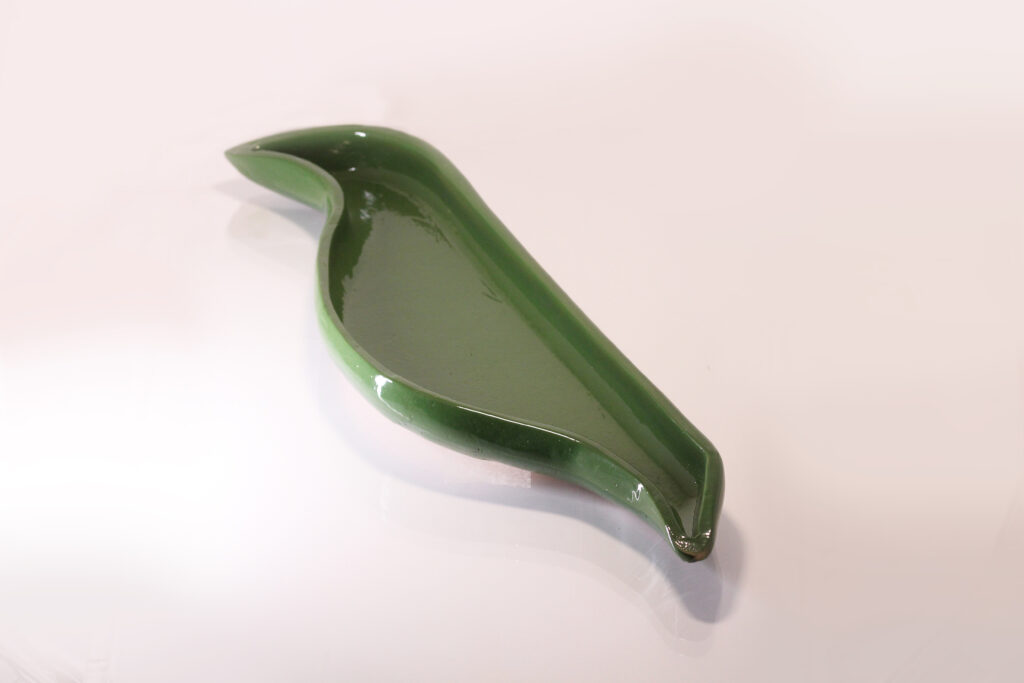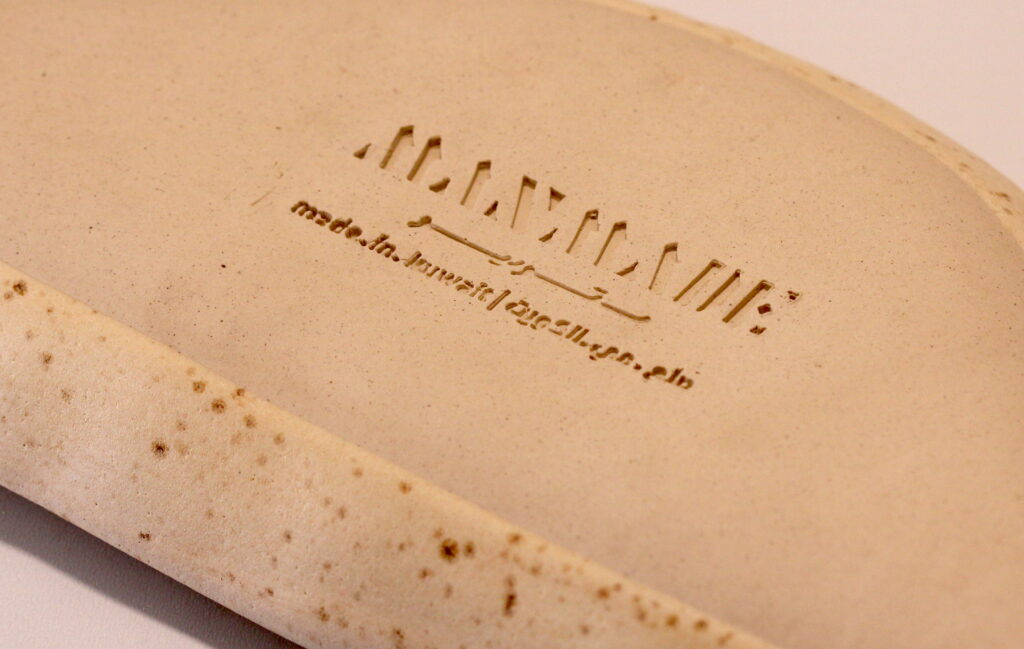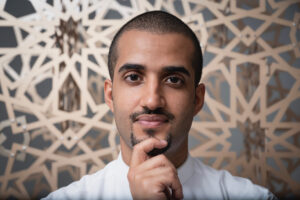
- Artist bio
Jassim F. AlNashmi holds degrees in Architecture and Urban Design from ETH Zürich, Iowa State University and London’s AA, and has exhibited artwork in the USA, UK, Brazil, UAE, Saudi Arabia and Kuwait, at galleries like Jameel Arts Centre and Future Perfect NY. His works are published on platforms like Dezeen, Design Boom, Wallpaper, Design Milk, Herskhazeen, and Identity. He has designed projects in the US, Kuwait and Qatar for residential, commercial and governmental clients.
AlNashmi now runs “Manmade Studio” which operates at the intersection of art and architecture, which creates moments through bespoke designs in which he collaborates with local/Arab designers and craftsmen. The studio takes from the designers’ globalized experience to imbue the contested image of what is Arab, and its focus is on highlighting the contemporary Arab identity through design.
- Artist statement
In our collective quest for tidier streets and enriched community spaces, I found myself pondering the role we play, especially in the lives of our feathered co-inhabitants, the pigeons. Observing the streets of Kuwait, where green ceramic trays and large metal plates brimming with food often mar the landscape with visual clutter, I was inspired to create "Hamama." This handcrafted ceramic pigeon-feeding tray embodies my response to the dual challenge of maintaining aesthetic urban spaces while catering to the needs of pigeons. The design journey of "Hamama" was fraught with challenges, each driving the evolution of a design that not only harmonizes with its surroundings but also respects the ergonomic needs of pigeons. "Hamama" stands as a testament to our ability to enhance our communal spaces, marrying functionality with beauty, and inviting us to reconsider our interaction with urban wildlife.
- Artwork/Product Description
This ceramic platter offers a simple yet thoughtful design suitable for serving various dishes. As its use in the home concludes, it gracefully assumes a new role outdoors, providing water or leftover food to pigeons. This transition reflects a mindful approach to extending the utility of everyday objects, gently merging the domestic with the natural and fostering a subtle connection between our living spaces and the environment.
